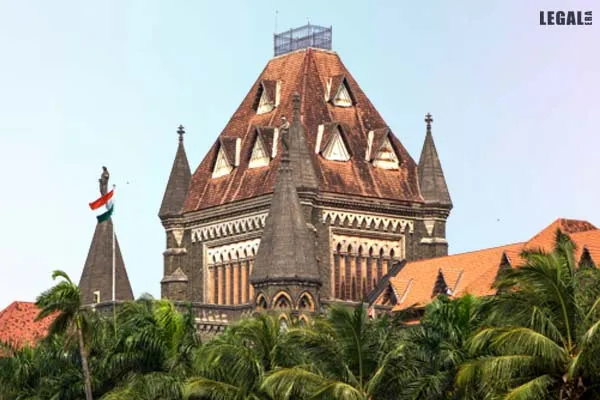Online Music Streaming Platforms Not Entitled to Compulsory Licence Available for TV, Radio: Bombay High Court
The Bombay High Court has held that online music streaming and downloading platforms would not be eligible for discounted;

Online Music Streaming Platforms Not Entitled to Compulsory Licence Available for TV, Radio: Bombay High Court
The bench upholds the order passed by the now-retired Justice SJ Kathawalla
The Bombay High Court has held that online music streaming and downloading platforms would not be eligible for discounted compulsory licenses to their music under Section 31D of the Copyright Act.
While it is a huge win for record label Tips Industries Limited against Airtel Digital Limited owned Wynk Limited, it means that internet-based platforms will have to negotiate contracts with big record companies to use their repertoire of music, unlike radio and television networks.
In the Bharati Airtel Ltd’s Wynk Ltd and Tips case, the Division Bench comprising Justice Gautam Patel and Justice Gauri Godse upheld an order passed by (now retired) Justice SJ Kathawalla.
The order read, “We affirm the finding of Justice Kathawalla that statutory licenses under Section 31D are restricted to traditional non-internet-based radio and television broadcasting and performances. It has no application to any internet-based offering.”
Section 31D of the Copyright Act was introduced in 2012. It allowed statutory licenses for television and radio, denoting that no negotiation was required with the owner for its procurement.
Under the amendment, any broadcasting organization wanting to broadcast a literary or musical work, sound recording, etc., could do so after giving prior notice of its intention and paying royalties to the owner at a rate fixed by the commercial court.
The Section specified separate rates assigned for television and radio. However, it did not specifically mention internet-based platforms.
The dispute between Wynk and Tips began in 2017 with the former calling Tips' demand of nearly 4.5 crores ‘extortionate’ for using record labels of over 25,000 song repertoire for two years.
Subsequently, Wynk invoked its right as a broadcaster under Section 31D of the Copyright Act. It acknowledged that no royalty was fixed by the Board and decided to pay a royalty at 10 paise per download.
However, Tips declined to accept the offer and filed two copyright suits against Wynk invoking Section 31D. When Justice Kathawalla refused interim relief, Wynk filed the present petition before the division bench.
The Court first distinguished between internet and non-internet-based services. It noted that while the consumer was forced to hear whatever appeared on TV or radio, streaming platforms like Wynk allowed subscribers to download and make playlists for a fee.
Appearing on behalf of Wynk, Senior Advocate Dr. Birendra Saraf argued that under Section 31D, ‘broadcast’ covered all kinds of dissemination. It did not bar internet-based non-radio-like services. Wynk had to make a case, as the owner refused to part with the copyright for dissemination to the public.
He said that Section 31D was enacted in the public interest because companies like Tips were exercising a stranglehold over licenses for their copyright-protected repertoire. Saraf pointed out that, ultimately, since the listener was the sufferer, the medium was irrelevant.
On the other hand, representing Tips, Senior Advocate Ravi Kadam and Advocate Rohan Kadam maintained that Section 31D was limited and confined to traditional radio and television only, as it was a forced restriction on the owner of the copyright. Moreover, internet services were also in existence when Section 31D was enacted, but it was left out purposely.
While agreeing with Kadam, the bench observed that the sub-sections of 31D mentioned only radio and TV. Thus, if the petitioner’s contention was held to be true “no party will ever need to enter any kind of contract with any holder of copyright. He can simply take it.” This would result in “catastrophic damage” to the holder of the copyright.
Justice Patel and Justice Godse stated that the arguments about ‘public interest’ were insignificant because Wynk was not a charitable organization. It had a profit motive but did not want to pay the license fees demanded by Tips.
The bench held, “Wynk is not a service available to the public. It is available to those who sign up for it. There is simply no public interest dimension to its private profit goals. Wynk has paid subscribers. Therefore, there’s no question of it attempting to obtain a statutory licence for its private profit motives in this fashion.”

